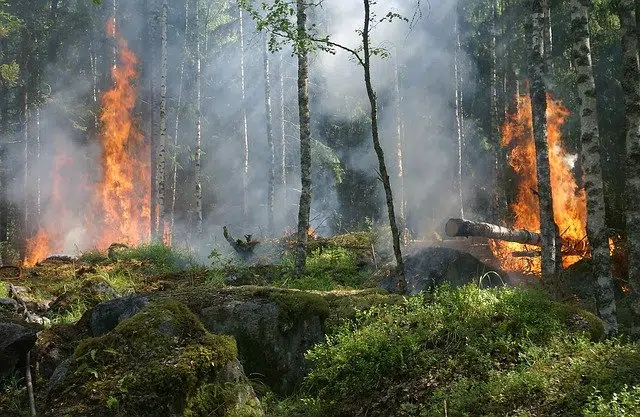
Summer is characterized by high temperatures.
Summer is the season of the year that occurs between spring and autumn . It is the hottest time of the year, with the highest thermal marks. In the northern hemisphere , summer takes place between June, July and August, while in the southern hemisphere, it corresponds to December, January and February. It should be noted that, when the summer season takes place in the northern hemisphere, it is winter in the southern hemisphere (and vice versa).
During the summer period, the days become longer (in relation to other seasons) and the nights last fewer hours. The solstice (which in the southern hemisphere occurs on December 21 , while in the north it is June 21 ) defines the beginning of summer, which lasts until March 21 (in the southern hemisphere) or December 21. September (in the northern hemisphere).
summer vacation
Summer is generally associated with vacations and leisure. High temperatures make life outdoors easier and invite people to enjoy the beach, parks or walks in general. Summer is usually linked to fun and joy while, on the other hand, winter is related to sadness.
Traveling to the beach to take advantage of the sun and enjoy the sand and sea is one of the most common summer activities. Millions of people decide to go to seaside resort cities (known as summer destinations) to spend their holidays.
Canary Islands, example of a summer destination
The Canary Islands are a very common destination for tourists from various parts of the world who want to enjoy this time of year, given that the archipelago's temperatures rarely drop below 15 degrees. Life on one of these islands offers a parallel reality in which it is summer almost all year round and the strong winds make its beaches ideal for water sports such as surfing and kite diving .
However, its climatic characteristics come at a price for its ecosystem ; The constant heat, added to the infrequency of rainfall, has an impact on infertile soil and vegetation typical of a desert.

Due to the heat and drought, the risk of forest fires increases during the summer.
Summer and rest
The heat is synonymous with fun for those who experience it three months a year, but it can be a sentence for those people who are forced to endure it daily, from January to December, with some exceptions. It is not for nothing that the rest season usually goes hand in hand with high temperatures ; body exhaustion is much greater, as is the need to rest and reluctance to work.
It is enough to research the most productive cities in the world, where the most technological advances are made and where life is more orderly and there is a higher percentage of education and less unemployment; The result will surely give places with temperate or cold climates , while in the opposite case, the rate of personal neglect and lack of vocation will surely be higher.
Increased risk of forest fires
Forest fires represent one of the biggest problems associated with summer, as they destroy entire forests, turning trees and plants into ash and destroying the habitat of a large number of animals, which are forced to find a new home, in a world where there are fewer and fewer green regions that have not been taken over by man.
In recent years, the number of incidents of this type has grown worryingly in several countries, especially in very arid areas where rain is scarce.
It is interesting to mention, finally, that Verano is the name of an Italian town in the province of Bolzano that has less than 1,000 inhabitants.
